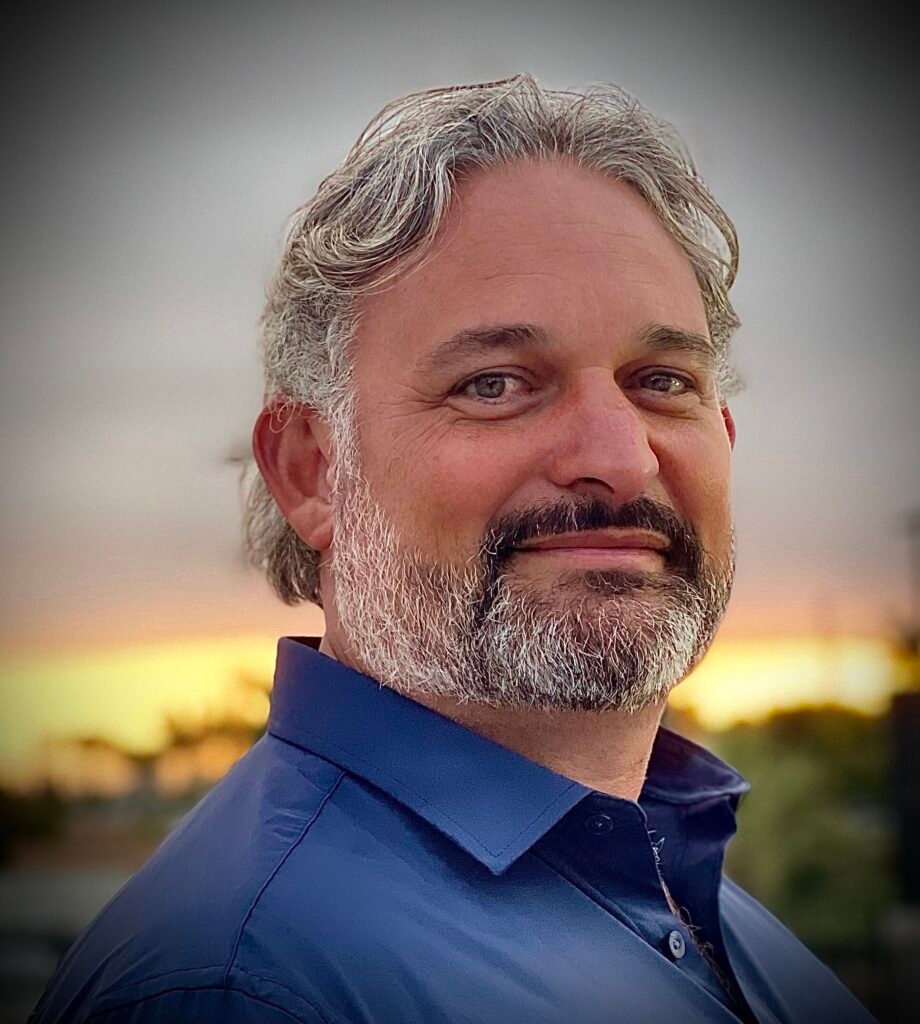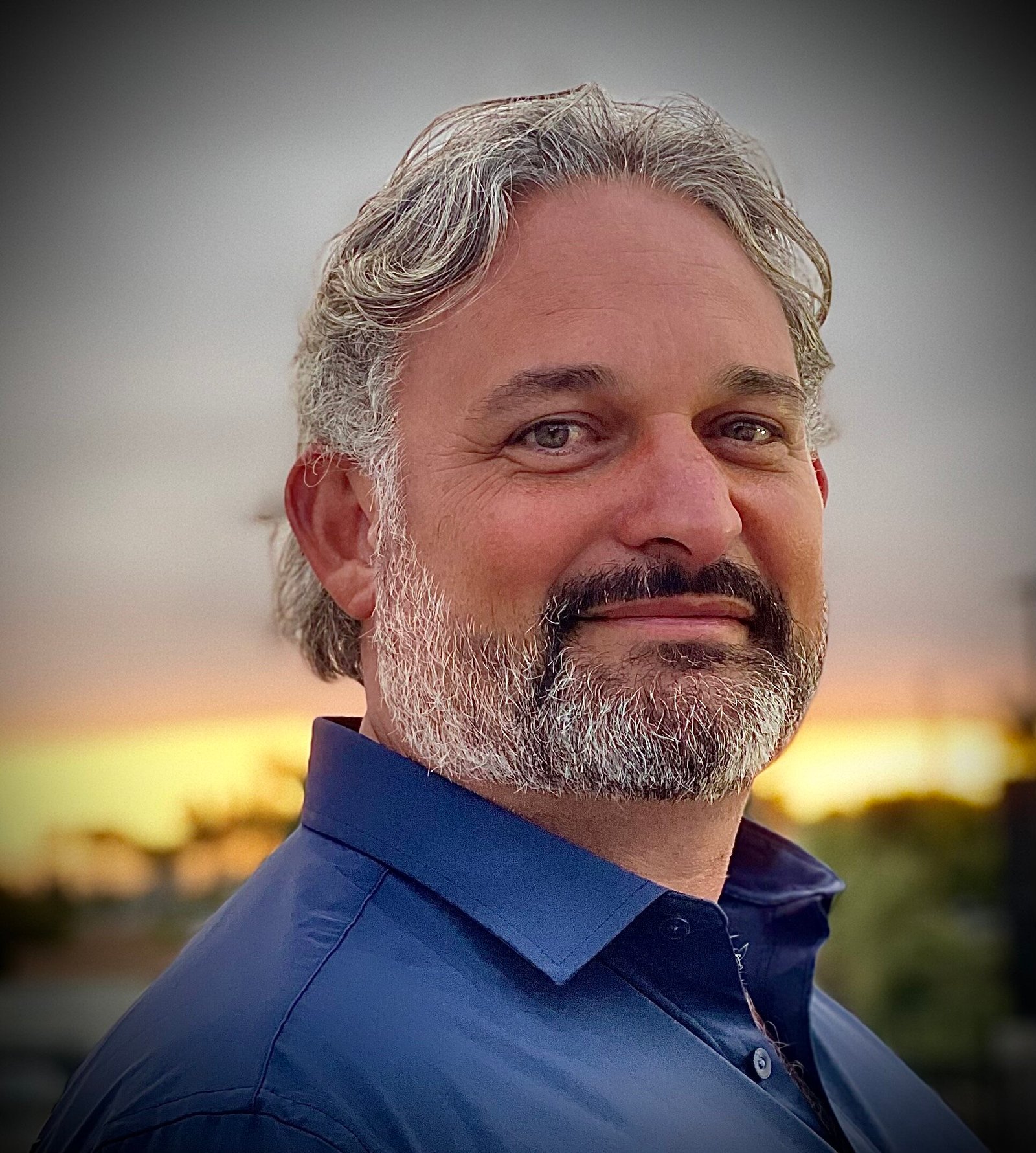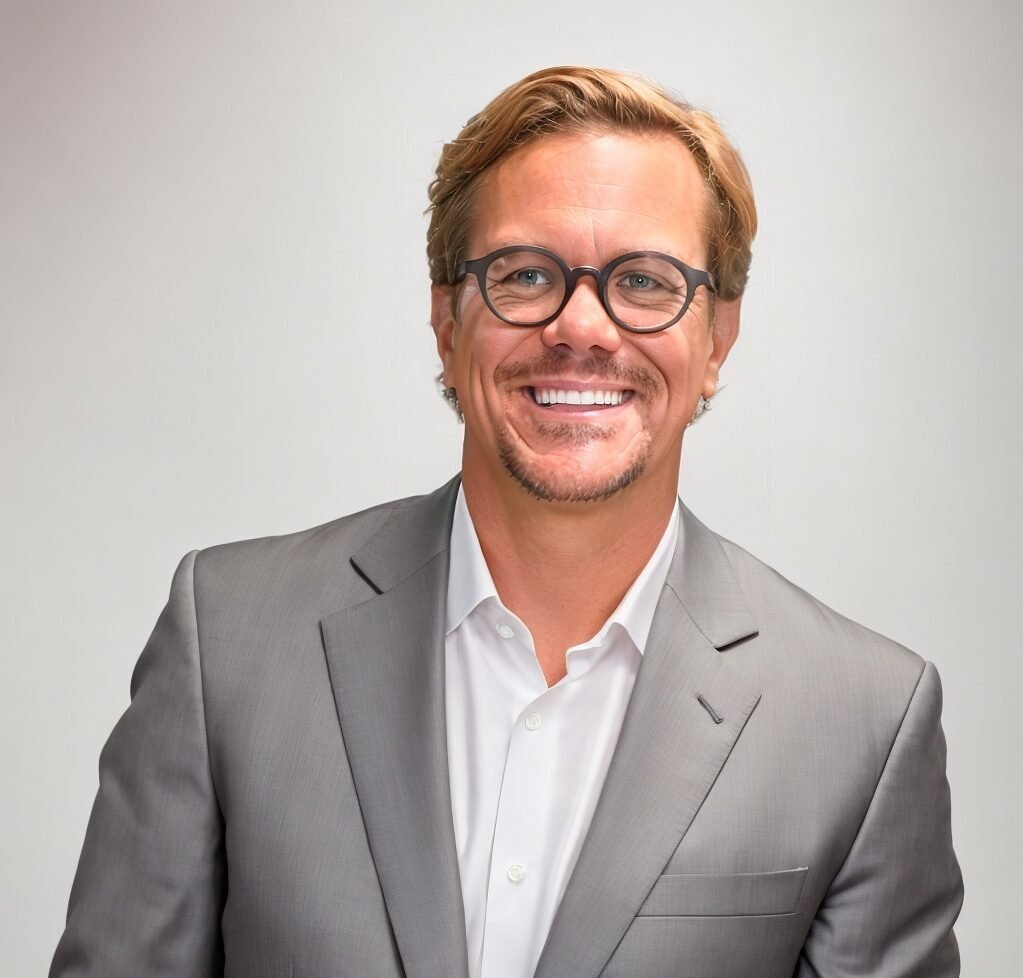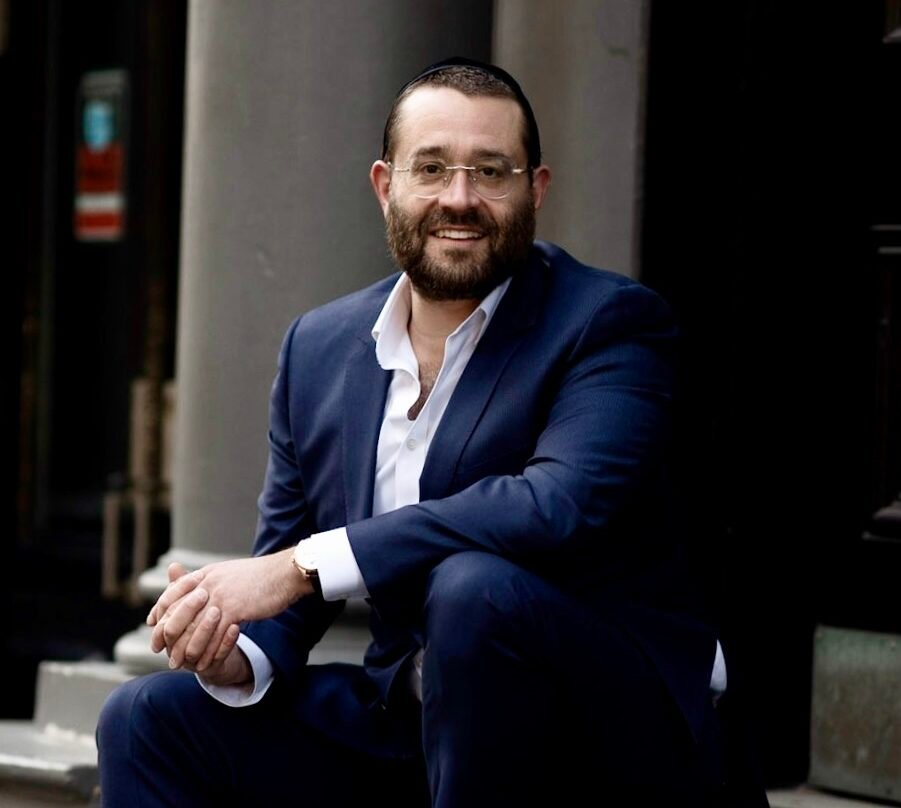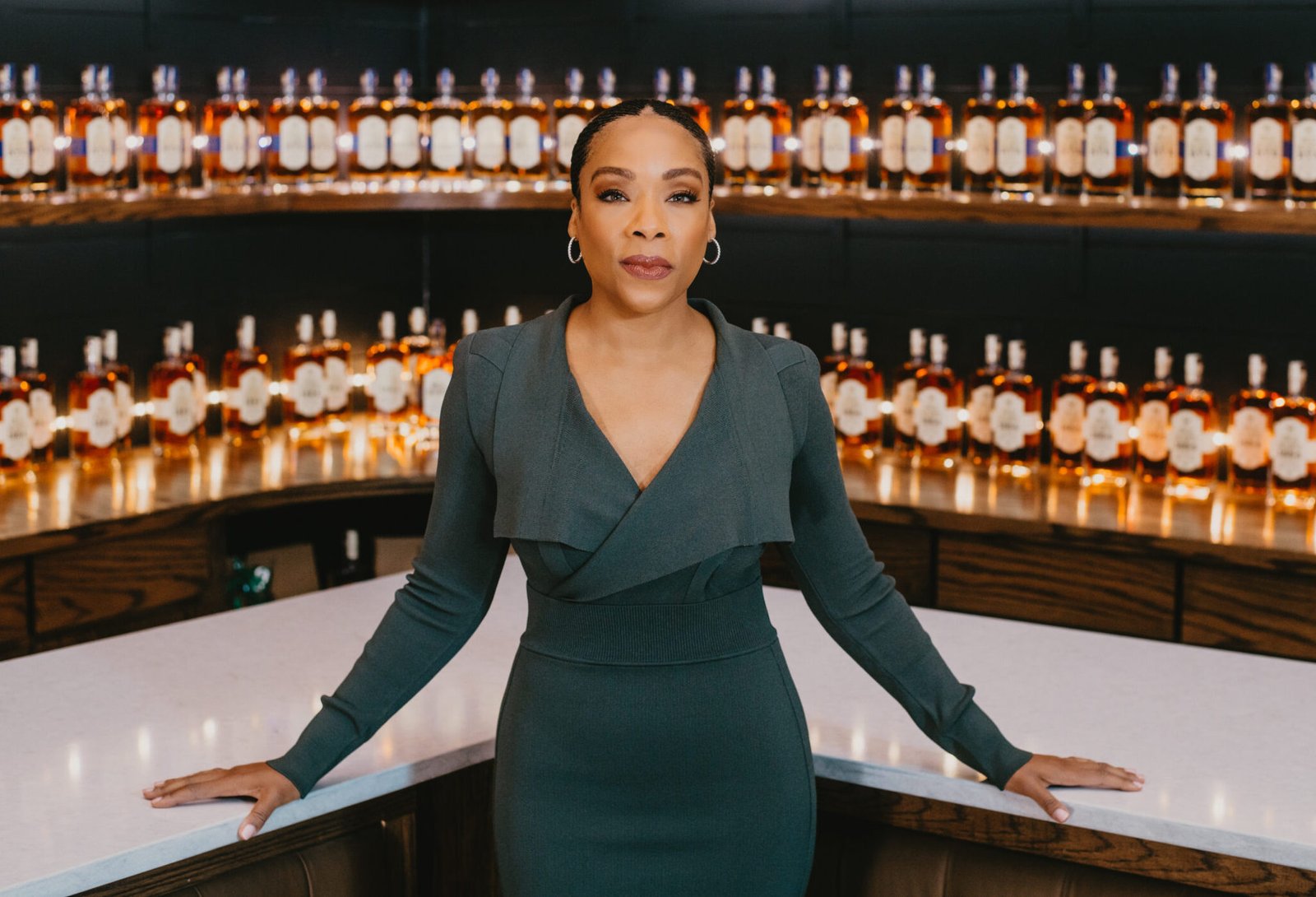I recently went one on one with Diego Ugalde. Diego is a former Navy SEAL and is the CEO of The Trident Approach.
Adam: Thanks again for taking the time to share your advice. First things first, though, I am sure readers would love to learn more about you. How did you get here?
Diego: Through struggle and growth.
There are two things that I can look at as being the key components for shaping what I have become in this moment:
-
Dissatisfaction with living a compromised life
-
Entheogenic Medicine
Growing up was hard for me. School, family, and my own mind were not the most enriching places for me to be. The good news is, that struggle became the root system of how I would come to grow later in life. Justice became something that I was willing to fight for in that there was something within me that at times violently refused to stand by while innocent or less-strong people suffered. This led me to the path of becoming a medic on a SEAL team. This path, as it turns out, was a bit windier and longer for me than it was originally designed. For most people, it takes about six months to graduate from SEAL training; it took me 10 years. One failed attempt, many broken bones, lack of understanding of myself, and many other things took me on the journey I needed to experience to be here now.
Something I am very thankful for is that once I retired from a successful career as a SEAL, I realized it wasn’t enough. What I was looking for, or what I thought I was looking for seemed empty to me even though I was standing at the top of this mountain I created for myself. A mountain that by most accounts, would be the objective of many people I have encountered over the course of my life.
A year or so after I retired from the military, I was introduced to entheogenic medicine and this is where I finally felt like I was on the path I had been searching for the entirety of my life. After experiencing such medicines as Ibogaine, 5 MeO DMT, and Psilocybin, I started to grow faster than I can really explain here. Where I thought I was happy, all of the sudden, I could see the deep sorrow that I had within myself that had been there all along. In this sorrow, I finally began the true process of healing and discovering who I really was. It didn’t take long for my sorrows to turn into the source of my strength and being. For sure, working as a SEAL was a grain of sand on the beaches of the world compared to who I found myself to be, and in every way, I am continuing to learn more about who I “really am”, all the time.
Adam: What are the best leadership lessons you learned from your time as a Navy Seal?
Diego: The best lesson I learned in the SEAL Teams came from a Red Neck Rocket Scientist.
Over a 20-year career, it is common to go through our core skill training blocks 10 times or more in order to maintain individual and team proficiency in SEAL-based skills. This includes our course of instruction on shooting and marksmanship. As with all things, there are always little tweaks that can be developed that anyone can use to continue to develop, even when they are at the top of their game.
In order to keep us sharp, our instructors always had a new technique for us to master, to enhance our skills whenever we returned to train. Often times, these tweaks were met with some hesitation. Guys were just comfortable with their normal techniques of shooting and they shot well.
What may come as a surprise to many, is that our instructors were not SEALS. They were two red-necks from Mississippi- R1 (which is what we’ll call him) was an engineer and R2 was a former rocket scientist. All these guys did was shoot. All the training and education they received attaining their respective degrees, was thrown out the window so they could help us become better shooters. They both wore Real Tree camouflage, had deep southern twangs, and always maintained about an ounce of Copenhagen in their bottom lip.
While we were training around the country driving, diving, patrolling, rappelling, fast-roping, navigating over water and land, creating power points, attending meetings, and so on, R1 and R2 were shooting- The Whole Time. So, 300 days a year, these guys were continuing to perfect their craft- for us.
The brutal truth is, these two guys simply shot better than 90% of us. They didn’t have to worry about Excel spreadsheets or packing parachutes. The rifle/pistol range was their laboratory.
Sometime around 2009, I had returned for my fourth trip to our shooting school and as expected, there was a new habit to incorporate. As always, there was resistance and silent dissent within the group. Upon recognizing the situation, R2 said this in the most hard-core Mississippi accent you can imagine:
“I challenge you to master the skills we have been developing for you before you decide whether or not this $#__ works or not.” He went on to explain that there is no way a person can tell- one way or another- if these new techniques are of any value if they don’t take them seriously and explore their benefits to the fullest extent.
Over time, I have seen this in many instances in my life whether it be in the SEAL Teams, at home as a parent, or in a classroom of life. If I was great at something. Congratulations to me. I could get better.
So, if a new skill or lesson is presented to you by someone who deserves and has earned your respect, accept what they are trying to give you and master it. Become the best at applying that new skill. Once you HAVE mastered it, one of two things will happen:
-
You will find that they were right and you will have gotten better by applying the lesson.
-
You will find that it did not work for you and you will have gotten better because you will have discovered why it didn’t work and you can make your own adjustments.
Either way – you will get better.
Bottom line is being humble allows you the space and clarity to see deeper opportunities for being and growth.
Adam: What are the best lessons you learned from your time as a Navy SEAL on the topics of motivation, discipline, time management, and teamwork?
Diego:
-
Motivation the way I learned it was all external. Impress your family, don’t let anyone down, don’t be a quitter, etc. However, these elements are external or fear-driven which are limiting. It wasn’t until after I retired from the SEAL Teams that I found that there could be a cleaner more inspiring way to become motivated that was limitless and for sure, healthier. Learning to replace fear and scarcity with love and abundance was a major step for me in my personal growth.
-
Discipline is the staple to progress. Flowers don’t bloom in a day and neither do we. It takes time and consistency which are key elements in discipline. There is a fine line between discipline and addiction. Whatever your discipline, ensure it is good for your soul.
-
Time management in the Teams is a bit silly. Our time is mostly spent running from one firefight or administrative fire to another. The biggest lesson I learned here is that there are elements to being human that all need daily attention. 1. Mind 2. Body 3. Spirit 4. Family 5. Work/Play 6. Dreams. Create a 24-hour pie chart and spend quality time in each of these areas and figure out where you can add the extra time after everything else has been attended to.
-
Teamwork- We were not meant to go through this life alone. The best of me is no comparison to what could be created through teams. Let go of your ego and fear of losing control and see what genius lies within your team. Mistakes are nearly irrelevant. What can be learned from those mistakes is as useful as any “success.”
Adam: Who are the best leaders you have been around and what did you learn from them?
Diego: I have come to see struggle as the trailhead towards development. In this way, I can say that I have learned the most about myself through the leaders that I most struggled with. For example, I learned that it doesn’t feel good to be on the receiving end of someone who thinks they are superior to me. Through that, I learned that I had treated others in the same way when I really paid attention and was honest with myself. Additionally, I also found grace in what I was doing and saw things from a different perspective in that I was struggling with something much deeper that caused me to treat others less than. So, seeing that in myself I was able to see it in others, and when I am at my best, I have a real tolerance for those who berate others or me because they are just doing their best and we aren’t really taught how to grow in this way in our culture.
Adam: What do you believe are the defining qualities of an effective leader?
Diego: I think the only defining quality of any effective leader is connection to the self. A person who is deeply connected to the self is conscious, has healed and strengthened from their greatest traumas and thereby is able to see areas in others where they need support. This is the only sustainable way of being. I have known many incredibly amazing leaders who didn’t have this critical aspect of their being situated and it had a direct influence on how long they were able to keep up their level of performance or witting or unwitting charade of being happy or organized.
Adam: How can leaders and aspiring leaders take their leadership skills to the next level?
Diego: Everything starts with the self. If a person is struggling with deep issues, anger, self-sabotage, depression, self-awareness, to me, that is priority number one. Begin the journey of healing the self. There really is no more important endeavor in life, in my understanding. It doesn’t matter what you “know” if you don’t deeply and truthfully know yourself and love what you have come to understand. True loving of the self is the only way to be in the most powerful way you are capable of being.
Adam: What are your three best tips applicable to entrepreneurs, executives and civic leaders?
Diego: 1. Being true to thine own self is a pursuit.
2. What stirs the pot within you based on the behaviors in others can be directly linked to things you need to work on for yourself.
3. Do your best and let it be. People are the only ones concerned with time or getting it “right.” The universe or God doesn’t care that it takes you however long to learn a lesson. Do your best and let it be. There really is no sense in creating drama or hate & discontent within yourself because you are embodying what it actually means to be human.
Adam: What is your best advice on building, leading and managing teams?
Diego: Continually reevaluate your path as to whether you are on your intended course. Life, bureaucracy, politics, etc. can often silently shift you off of your true north. Be aware of these course changes and continually assess them for alignment with your deepest truth and mission.
Adam: What is the single best piece of advice you have ever received?
Diego: You’re not going to get this right and you can’t get it wrong.
About 10 years ago, my daughter came home from school one day with an amazing report card. I gave her a hug and said, “I’m so glad that you aren’t going to have to suffer through school the way that I did.” I walked away from that conversation thinking that I must be doing something right as a dad.
About two years ago, my daughter and I were in deep philosophical conversation like we find ourselves in many times and she said, “Dad, do you remember a conversation that we had when I was in second grade about you being grateful that I wasn’t going to have to struggle in school? Well, from that moment on, I told myself that I don’t have any excuses to not do well in school. That was the day that I really started beating myself up in order to get A’s on everything.” To this day, she’s an A student already taking college courses in high school. Something I never urged or even suggested. My standards were, “Do the best you can and let me know if you need help. I don’t really care about your grades.” You might imagine the shock I got hearing her thoughts.
In that moment, it came to me: “Diego, you’re not going to get this right and you can’t get it wrong.” I tried so hard to “ensure” that she didn’t have the same experience in school as I did but her mind took her there anyway, absent- in a way- of my doing. This realization combined with the understanding that we are meant to learn in our own ways, many times through deep struggle, gave me peace in many instances where I might have struggled in the past when I believed that I was supposed to control as much as I could outside of myself. Life is perfect and so are we.


